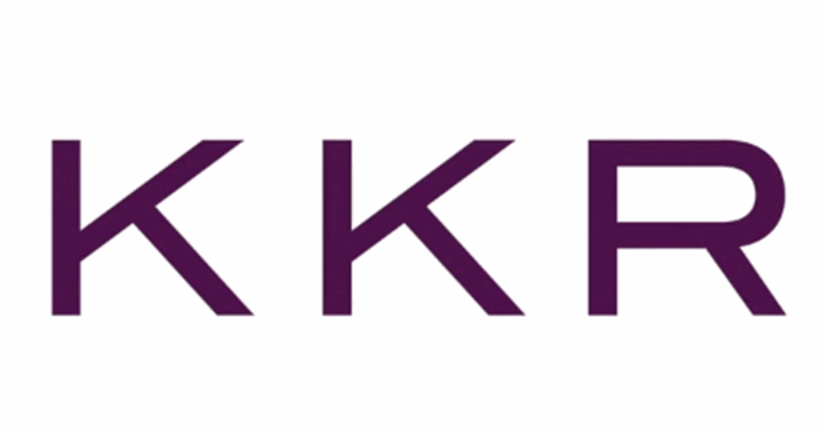Family office investors are increasingly leaning into allocations to the insurance sector as they seek out sources of diversification and relatively uncorrelated returns, something that investment giant KKR has been doing itself, according to the firm’s Henry McVey.
 For KKR, insurance is an area of investment designed to expand its business from a strategic standpoint, Henry McVey, CIO of KKR’s Balance Sheet and Head of Global Macro and Asset Allocation at the firm explained.
For KKR, insurance is an area of investment designed to expand its business from a strategic standpoint, Henry McVey, CIO of KKR’s Balance Sheet and Head of Global Macro and Asset Allocation at the firm explained.
Having surveyed more than 75 Chief Investment Officers (CIOs) of family offices, who oversee over $3 billion dollars in assets, on average, McVey and KKR note that, when it comes to an attraction to returns from the insurance and reinsurance market, these investors are following in the firm’s footprints, to a degree.
Family offices can have a long-term focus, when it comes to allocating and as owner operated investment firms, they can embrace opportunities and dislocations to gain a competitive advantage.
“We hear the message ‘Loud and Clear’ that this segment of the market is changing – and for the better,” McVey said. “These investors are diversifying across asset classes, and as they mature, they are getting better at harnessing the value of the illiquidity premium to compound capital. They are also using better hedging techniques and increasing both their desire and ability to lean into dislocations, strengths that we believe will position them to be at the winner’s table at the end of this cycle.”
A desire to compound capital in a tax efficient manner to build wealth and invest behind key themes, are common traits between KKR’s own balance-sheet and the family office investor, McVey believes.
Part of this is a growing allocation to alternative investments, with family offices having 52 percent of assets allocated to alternatives on average, which is up 200 basis points since 2020.
Meaningful diversification is being sought by these investors and insurance is one area that can offer diversification in a number of forms for investors such as family offices, from direct investing into the risk with insurance-linked securities (ILS), through partnership arrangements with insurance and reinsurance operators, or providing capital solutions to assist them.
KKR has demonstrated its appetite for insurance-linked returns a number of times over the years, not least with its investment into ILS manager Nephila Capital, which it sold and made a significant profit on when Markel bought the firm, as well as its more recent venture into reinsurance with the acquisition of Global Atlantic.
Insurance is seen as relatively uncorrelated to the traditional 60/40 portfolio benchmark and KKR notes that family offices are increasingly using private market allocations, such as insurance, as a way to provide more diversity to their returns.
For KKR, its insurance investments now make up roughly one-fifth of its balance-sheet.
“Against this backdrop, we were not surprised to learn that several family offices have already been leaning into insurance in a variety of ways as part of their portfolio diversification strategy,” McVey explained.
A higher allocation to alternatives overall has helped family offices to deliver better returns than pension funds and endowments, KKR believes.
The firm feels family offices have “a growing appetite to align more with what we are doing at a strategic level,” including on allocating more to insurance-linked assets and operations.
McVey noted that, “Several family offices are already buying and reworking blocs of insurance liabilities as well as participating in side-car investments and joint ventures, all businesses we have moved more aggressively into at KKR in recent years as part of our overall insurance footprint.
“Beyond the recurring payout/yield component and the more tax-efficient nature of these assets, there is also the diversification element.”
Adding that, “Many insurance assets tend to have a low correlation with most parts of liquid markets.”
At the same time, family offices are also in some cases funding hedge fund start-ups, as a way to gain access to some portion of GP (general partner) economics, so benefiting from fee income as well as returns.
That would be an interesting development in the insurance-linked securities (ILS) space, as family offices could prove to be effective and appropriate incubators for the next generation of ILS manager, where strategy and incentives can be aligned.
Family offices are one category of investor we increasingly see at our ILS market conferences and speak with regularly about the state of the ILS asset class, so they are clearly a category with growing interest in the sector.
It’s interesting to see KKR highlighting the similarity between their motives for getting more deeply into insurance and reinsurance, with the motives of the family office investor, as this suggests an equally long-term view for this developing strategic component of their portfolios.
 View all of our Artemis Live video interviews and subscribe to our podcast.
View all of our Artemis Live video interviews and subscribe to our podcast.
All of our Artemis Live insurance-linked securities (ILS), catastrophe bonds and reinsurance video content and video interviews can be accessed online.
Our Artemis Live podcast can be subscribed to using the typical podcast services providers, including Apple, Google, Spotify and more.






























